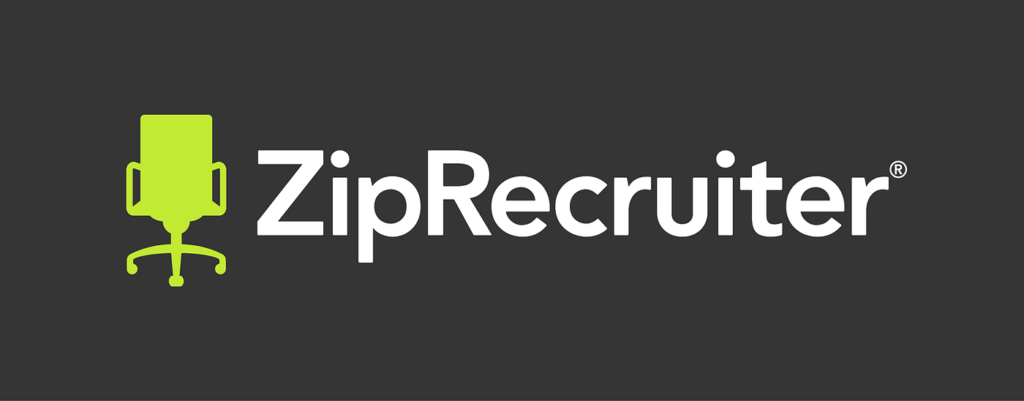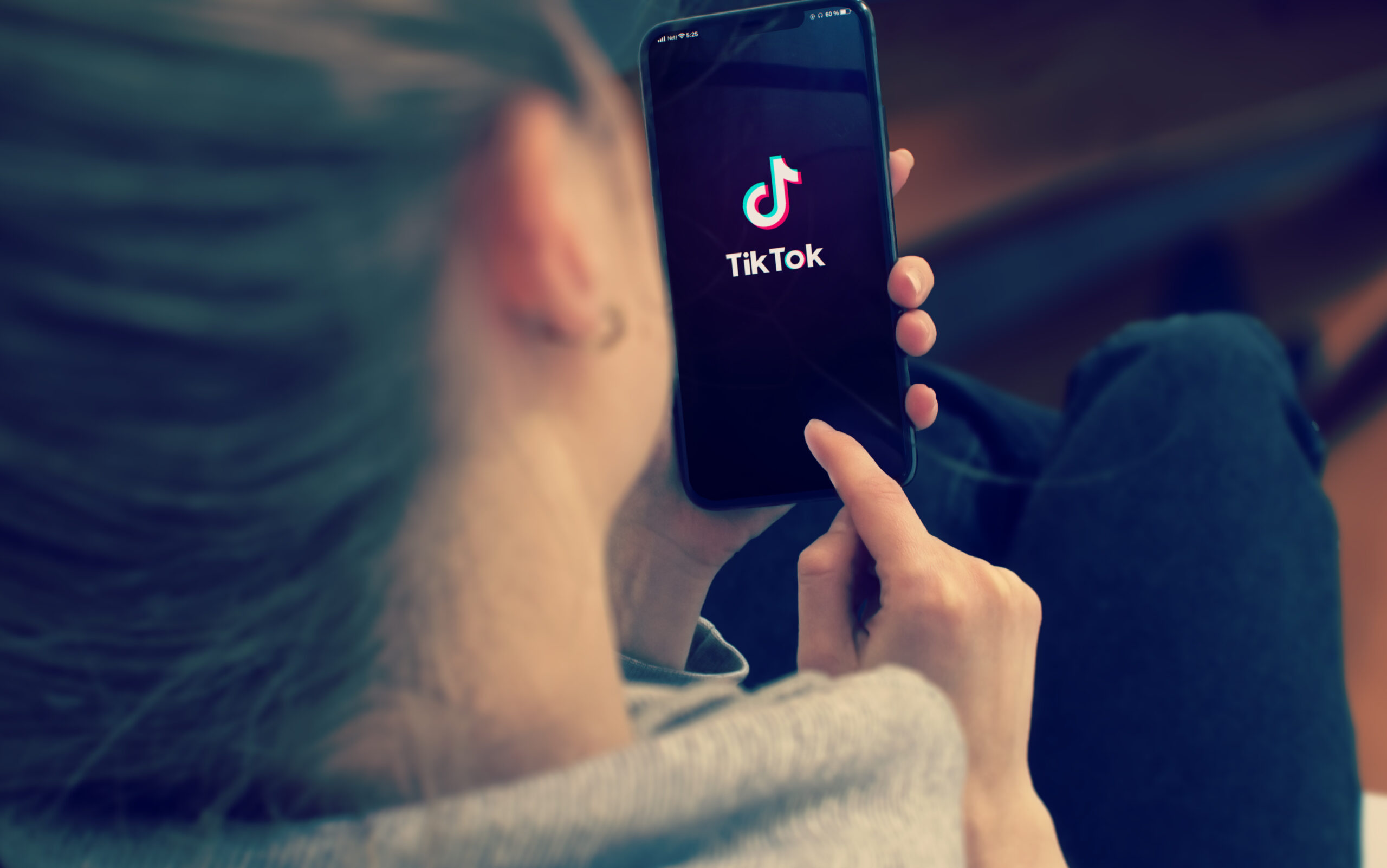Leveraging Social Media for Recruiting Success

In today’s dynamic and competitive job market, traditional methods of recruitment are no longer enough to attract and retain top talent. As organizations navigate a digital landscape, social media has emerged as a powerful tool for recruiting success. The vast reach, flexibility, and engagement potential of social platforms offer unique opportunities for employers to connect with potential candidates. In this article, we’ll delve into the world of social media recruitment, exploring the strategies, best practices, and the myriad benefits it brings.
The Landscape of Modern Recruitment
Recruitment has come a long way from classified ads in newspapers and word-of-mouth referrals. The internet and the advent of social media have transformed the recruitment landscape, providing employers and job seekers with unprecedented access to each other. The traditional recruitment process involved job boards and headhunters, but social media has ushered in a new era of engagement and connectivity.
Social media platforms have become virtual marketplaces for job seekers and employers to interact. Whether it’s LinkedIn, Facebook, Twitter, or even newer platforms like TikTok, they all serve as a bridge between organizations and potential candidates. These platforms have altered the way employers approach recruitment, offering a range of tools and strategies to engage and attract the right talent.
The Advantages of Social Media in Recruitment
Social media recruiting offers a multitude of advantages over traditional methods. Here are some of the key benefits:
Wider Reach:
Social media platforms have billions of users worldwide. This extensive reach allows employers to connect with candidates globally, increasing the pool of potential hires.
Cost-Efficiency:
Social media recruiting can be more cost-effective than traditional methods. Many platforms offer free or low-cost options for job postings and engagement.
Targeted Approach:
Social media platforms enable highly targeted recruitment. Employers can filter candidates based on specific criteria, ensuring they reach individuals with the right skills and background.
Improved Branding:
Active and engaging social media profiles can improve an organization’s brand image. Job seekers often research a company’s online presence before applying, making it crucial to maintain an appealing profile.
Real-Time Interaction:
Social media allows for real-time interactions between recruiters and candidates. This instant communication can expedite the hiring process.
Effective Social Media Platforms for Recruitment
Different social media platforms offer distinct advantages for recruitment, depending on the industry and target audience. Here are some of the most effective platforms for social media recruitment:
LinkedIn:
Often referred to as the professional network, LinkedIn is tailored for job seekers and employers. It’s an excellent platform for posting job listings, networking, and engaging with potential candidates.
Facebook:
With its massive user base, Facebook provides a broad reach. Many organizations maintain a dedicated “Careers” page where they share job openings and engage with candidates.
Twitter is a fast-paced platform, ideal for sharing job listings and engaging with candidates through quick updates. Employers often use specific hashtags to promote their job openings.
Instagram: Instagram is visually appealing and can be useful for showcasing a company’s culture, values, and work environment. It’s a powerful tool for employer branding and attracting candidates who resonate with the company’s image.
TikTok:
While relatively new to the recruitment scene, TikTok offers a unique opportunity for creative job postings and brand exposure. Short videos can provide glimpses into the workplace culture and job roles.
Developing a Social Media Recruitment Strategy
Effectively leveraging social media for recruiting success requires a well-thought-out strategy. Here’s how you can create a plan that aligns with your organization’s goals and values:
Set Clear Objectives:
Begin by defining your recruitment goals. What positions are you looking to fill, and what qualities are you seeking in candidates? Understanding your objectives is essential for crafting a targeted strategy.
Identify Your Target Audience:
Determine the demographics and interests of your ideal candidates. This will help you choose the most suitable social media platforms and create content that resonates with them.
Optimize Your Profiles:
Ensure your company’s social media profiles are up-to-date, informative, and visually appealing. Candidates should be able to learn about your company’s culture and values from your profiles.
Create Engaging Content:
Develop a content calendar that includes job postings, company updates, employee spotlights, and industry-related content. Engage with your audience regularly to maintain an active presence.
Leverage Employee Advocacy:
Encourage your employees to share job openings and company updates on their personal social media profiles. Employee advocacy can significantly expand your reach.
Paid Advertising
Consider using paid advertising on social media platforms. Paid campaigns allow you to target specific demographics and maximize visibility.
Use Video Content:
Videos are engaging and can provide a deeper insight into your company culture. Consider creating videos that showcase your workplace, employee testimonials, and day-in-the-life content.
Engage with Candidates:
Respond promptly to comments and messages from potential candidates. Engagement is a two-way street, and it’s crucial to maintain a positive and interactive presence.
Measure and Adjust:
Regularly review your social media recruitment efforts. Use analytics to measure the effectiveness of your strategy, and be willing to make adjustments based on the data.
Compliance with Regulations:
Ensure that your social media recruitment strategy complies with relevant labor laws and regulations, such as anti-discrimination laws.
Case Study: IBM’s Social Media Recruitment Success
IBM, a global technology and consulting company, has effectively harnessed the power of social media for recruitment. They have a strong presence on various platforms, including LinkedIn, Twitter, and Instagram. Here are some key strategies they’ve used:
Branded Content:
IBM produces engaging, visually appealing content that showcases their commitment to innovation, diversity, and employee growth. Their posts are designed to attract candidates who value these aspects.
Employee Advocacy:
IBM encourages employees to share their experiences, achievements, and job openings on their personal social media profiles. This not only extends the reach of their job listings but also enhances their employer brand.
Use of Hashtags:
IBM uses industry-relevant hashtags to increase the visibility of their job listings and content. For example, they often use #IBMJobs to make it easier for candidates to find their openings.
Live Events:
They frequently host live Q&A sessions and virtual events, allowing potential candidates to interact with current employees and learn more about the company’s culture.
Diversity and Inclusion:
IBM is committed to diversity and inclusion, and they actively promote these values on social media. This attracts candidates who align with their principles.
IBM’s social media recruitment success is a testament to the effectiveness of a comprehensive and well-executed strategy.
Challenges and Ethical Considerations
While social media recruitment offers numerous advantages, it’s not without its challenges and ethical considerations. It’s essential for organizations to navigate this landscape carefully.
Privacy Concerns:
Collecting and using personal data from social media profiles can raise privacy concerns. It’s crucial to ensure compliance with data protection regulations.
Bias in Recruitment:
Social media algorithms may introduce bias in the recruitment process. Employers should be mindful of this and take steps to minimize bias in candidate selection.
Inappropriate Content: Social media platforms can expose organizations to inappropriate or unprofessional content. It’s essential to have guidelines in place to address such situations.
Transparency:
Organizations should be transparent in their communication and provide accurate information about job opportunities. Misleading or inaccurate postings can harm their reputation.
Social media has become an indispensable tool for modern recruitment. With its extensive reach, cost-efficiency, and targeted approach, social platforms offer a wealth of opportunities for organizations to connect with the right talent. A well-crafted social media recruitment strategy, as exemplified by IBM, can lead to recruiting success by attracting top talent and enhancing employer branding.
To harness the power of social media for recruiting success, organizations must understand their objectives, engage with their target audience, create engaging content, and maintain an active and responsive online presence. While the landscape of social media recruitment may present challenges and ethical considerations, a thoughtful approach can help organizations navigate these issues effectively. By staying updated with industry trends and continuously evaluating their strategies, employers can leverage social media as a potent tool in their recruitment arsenal.











